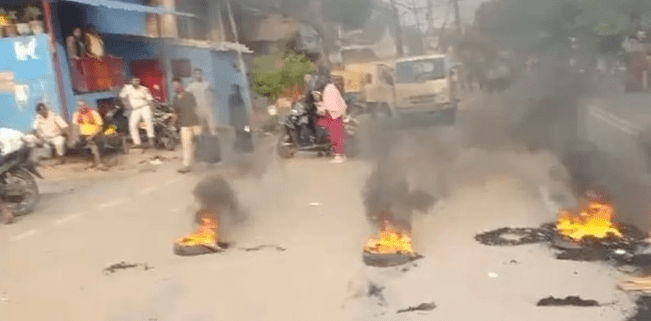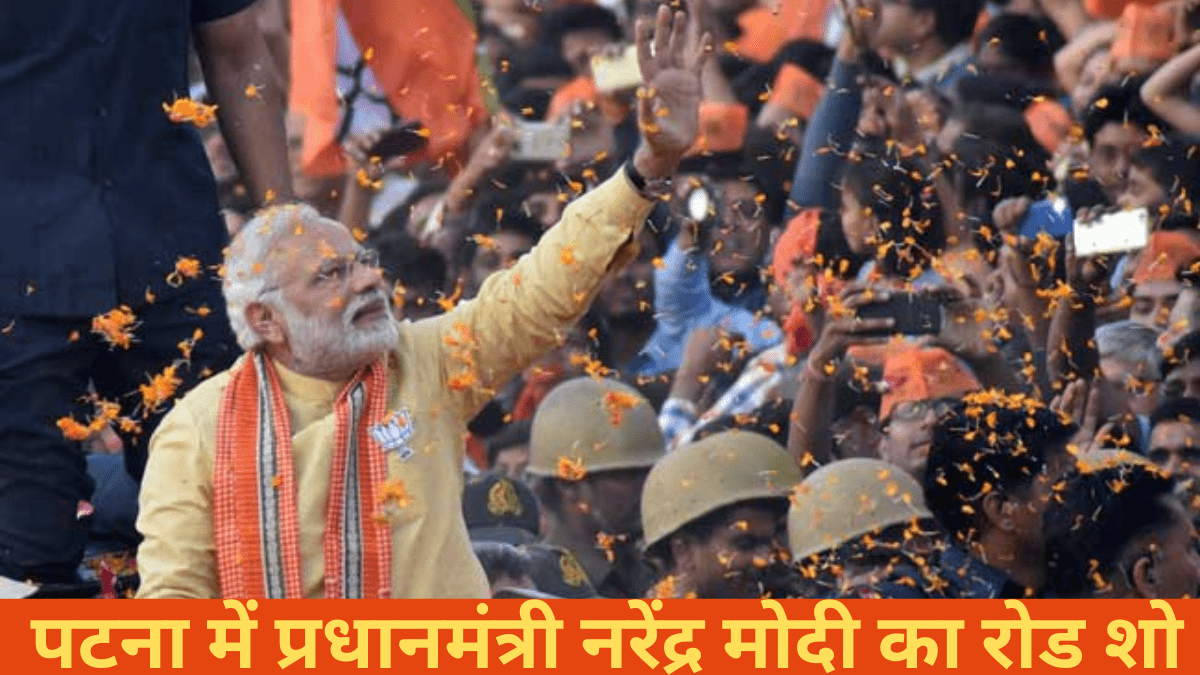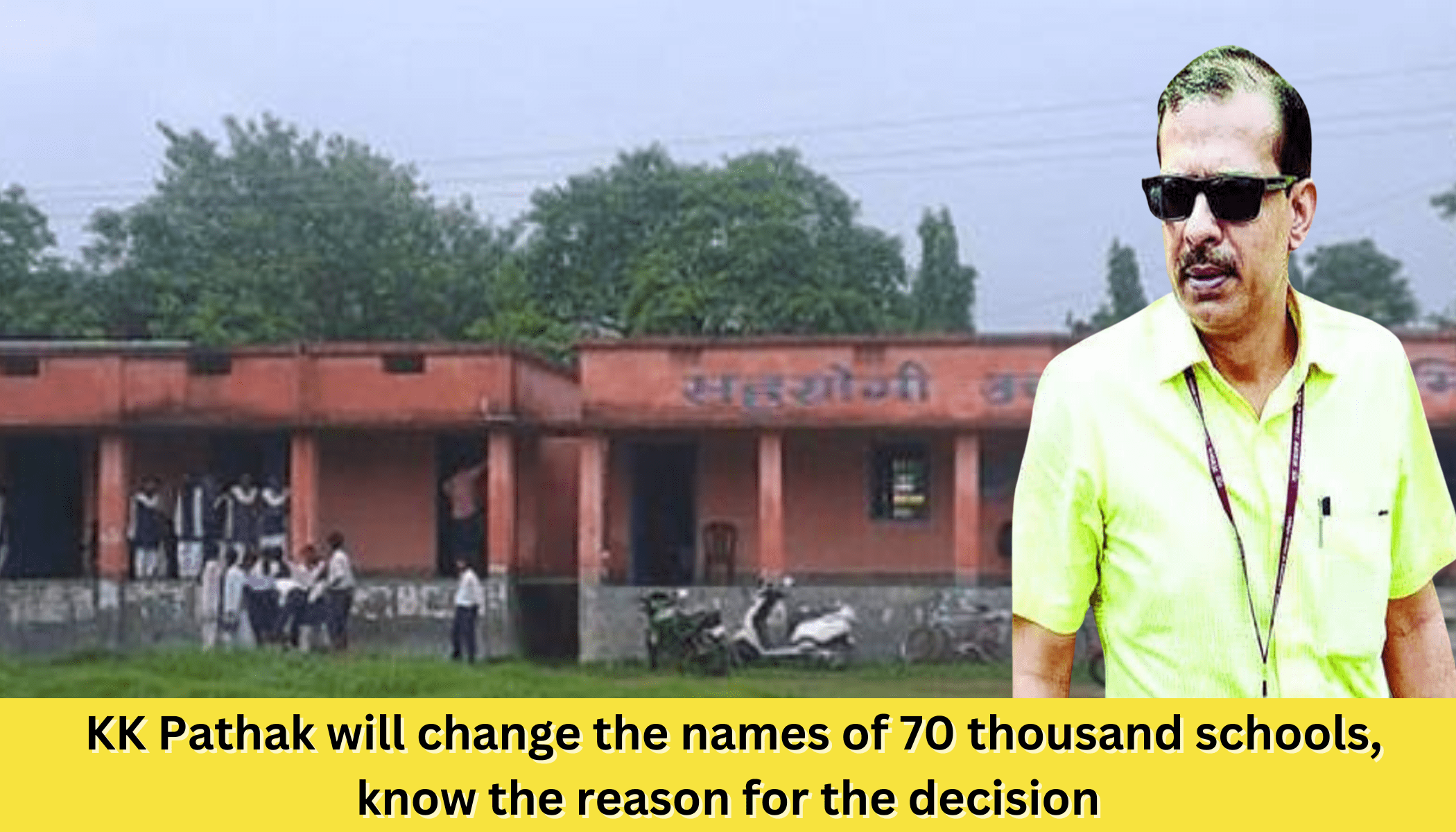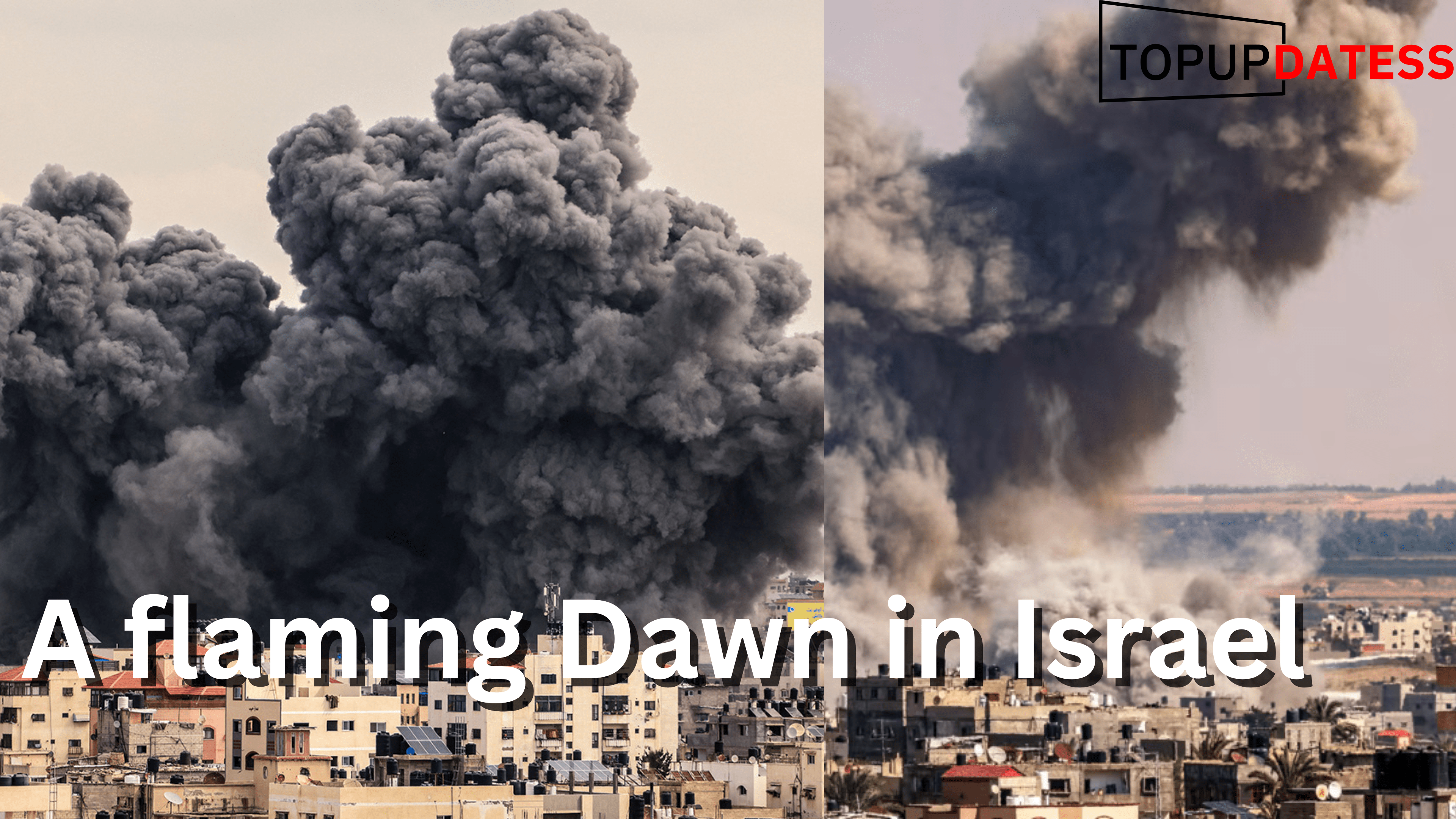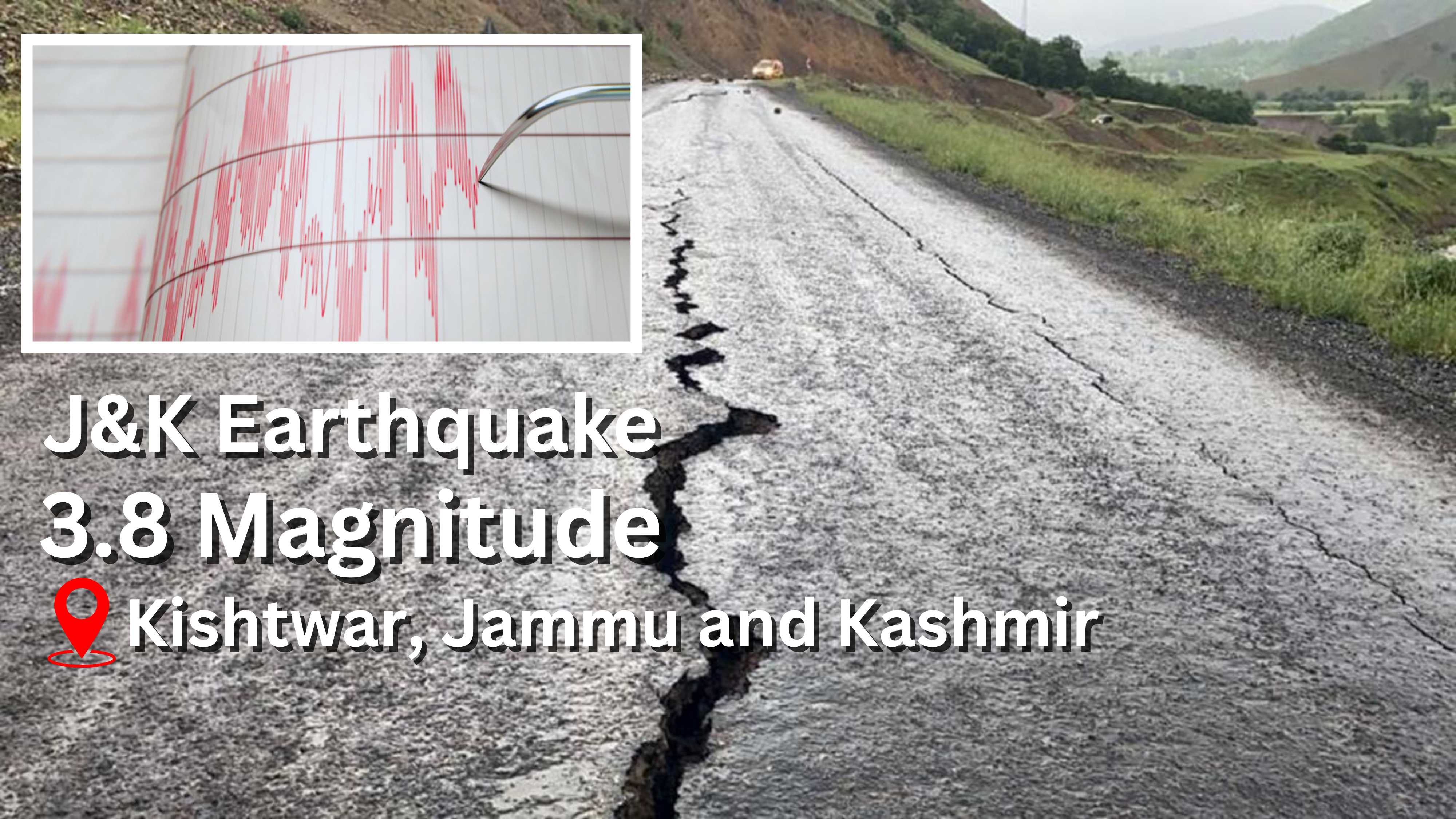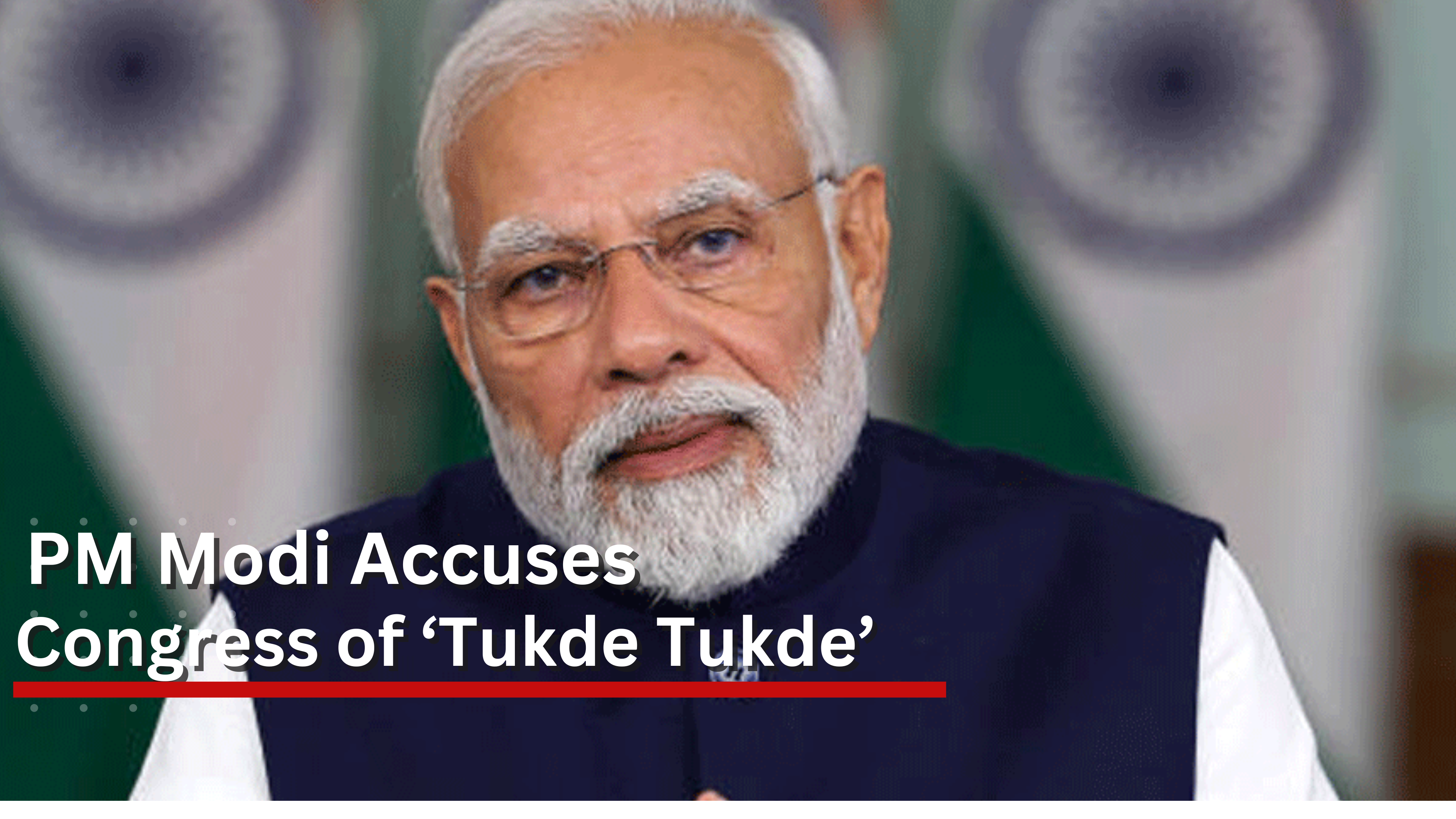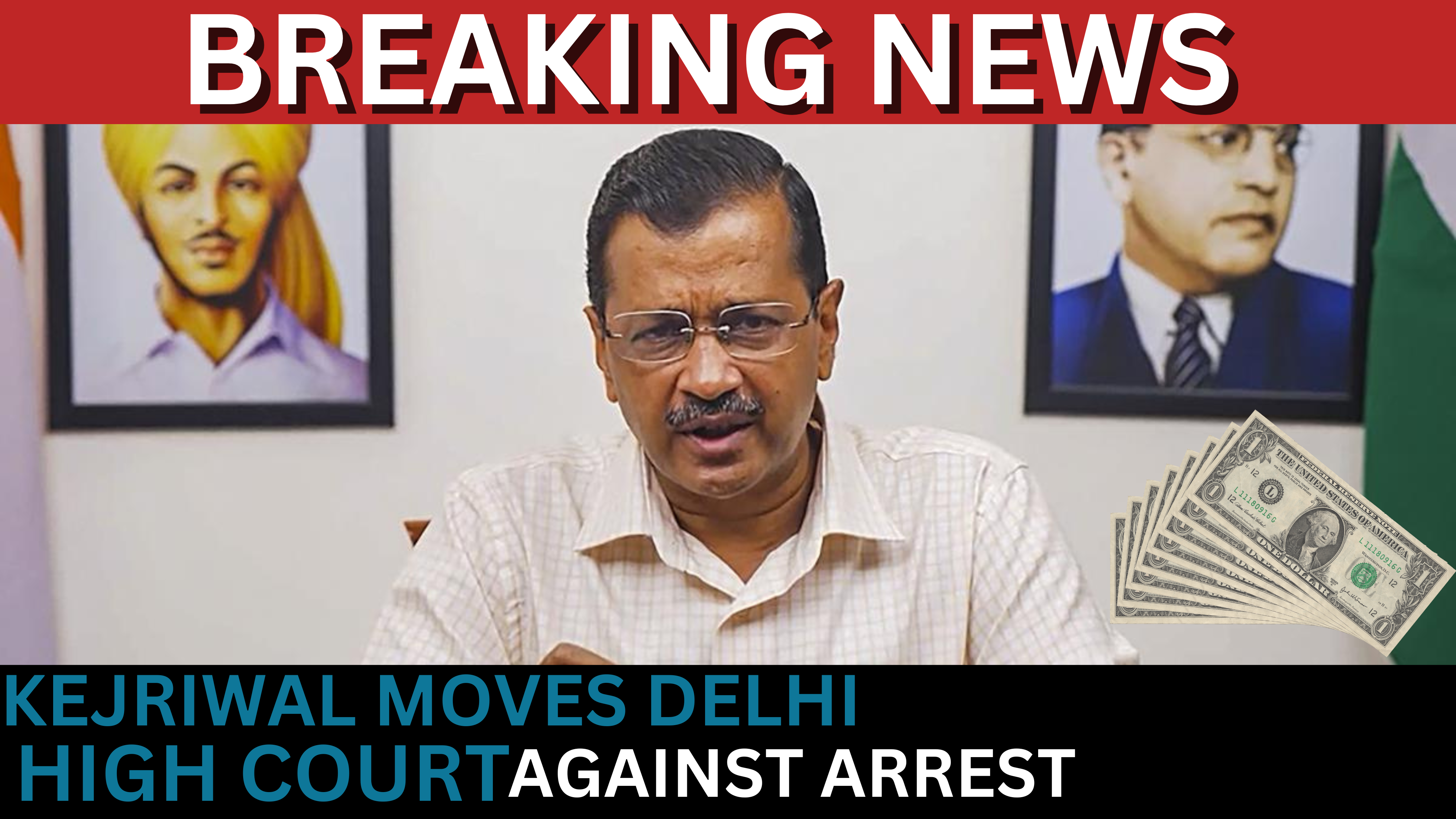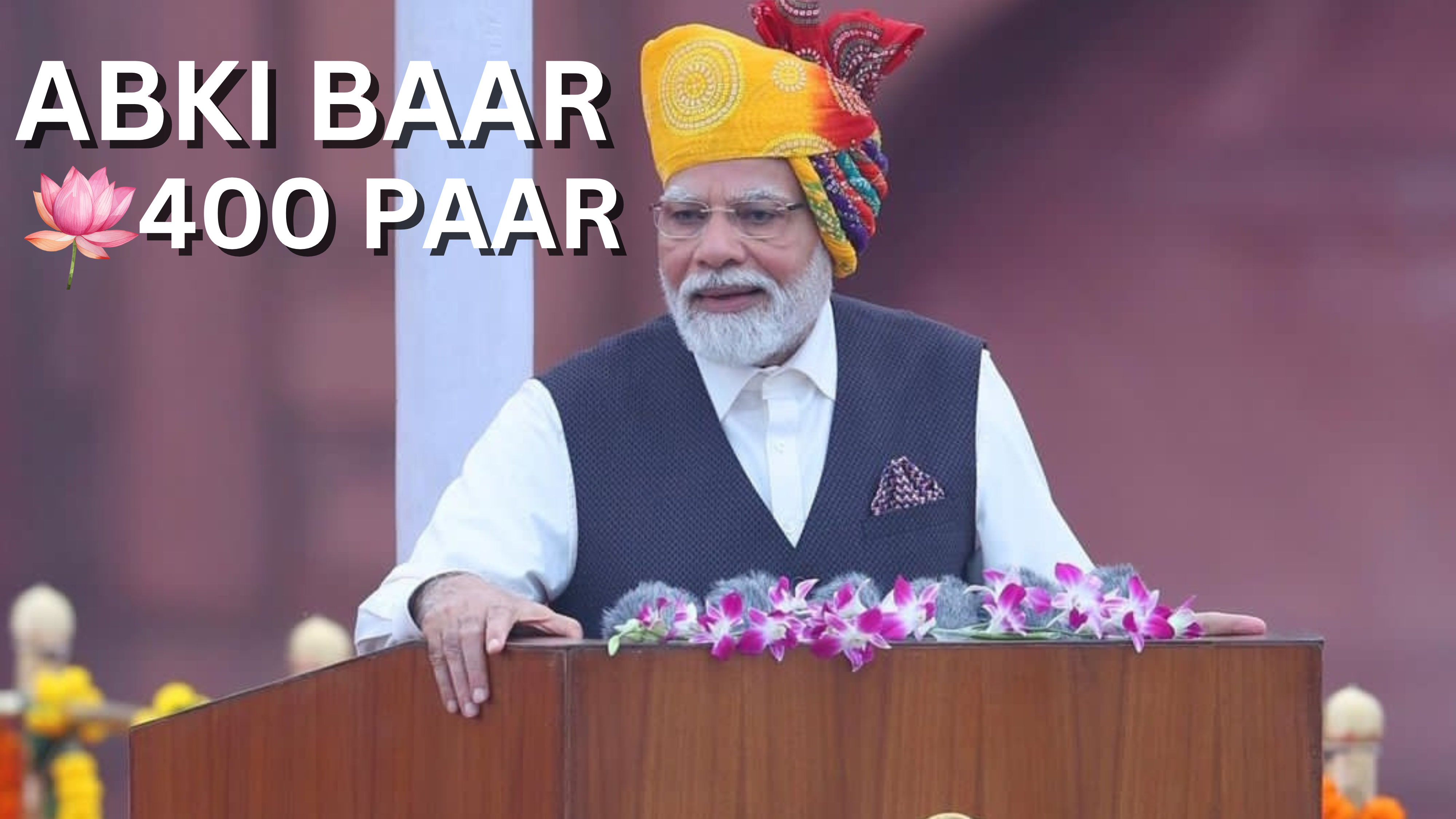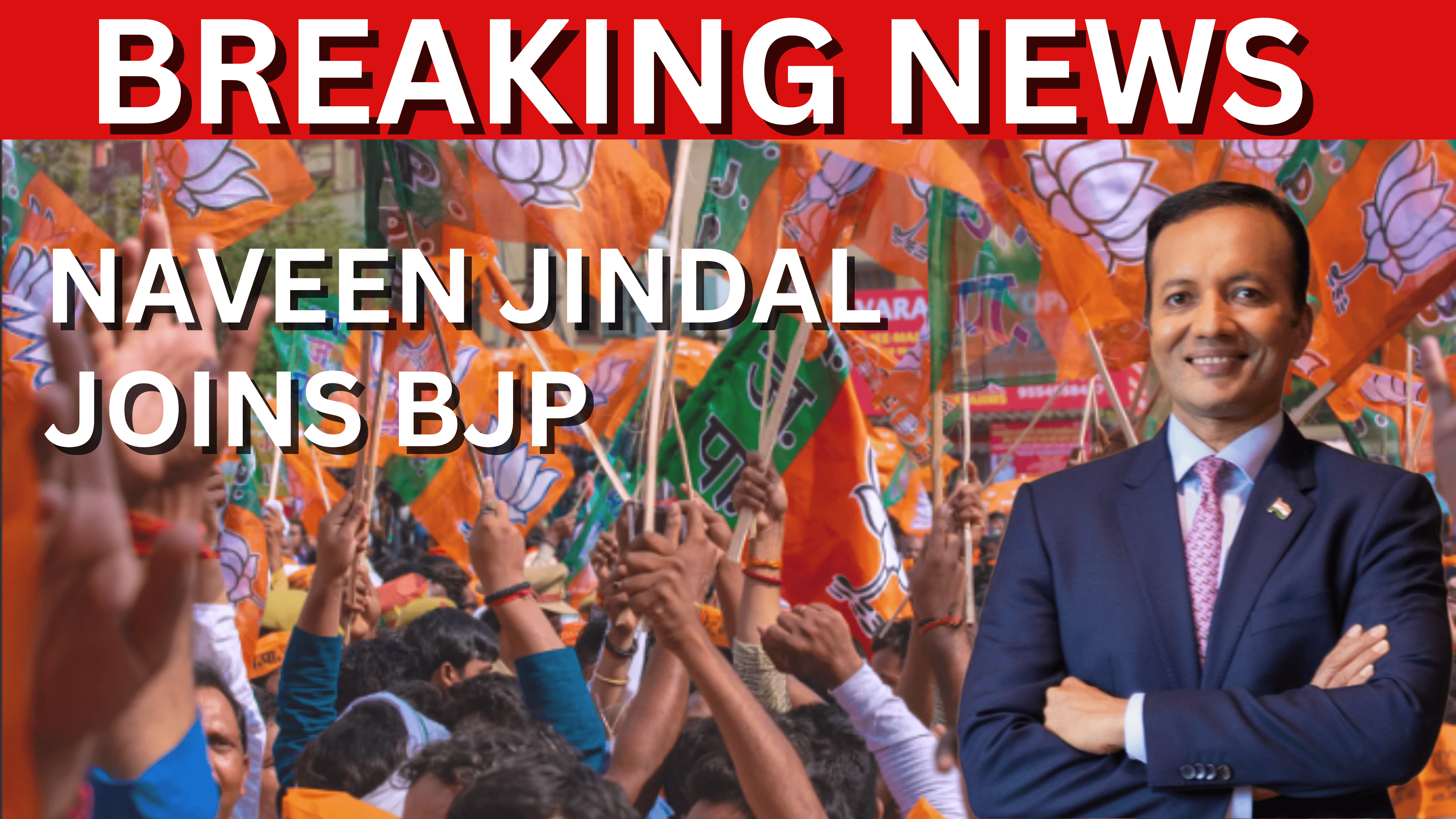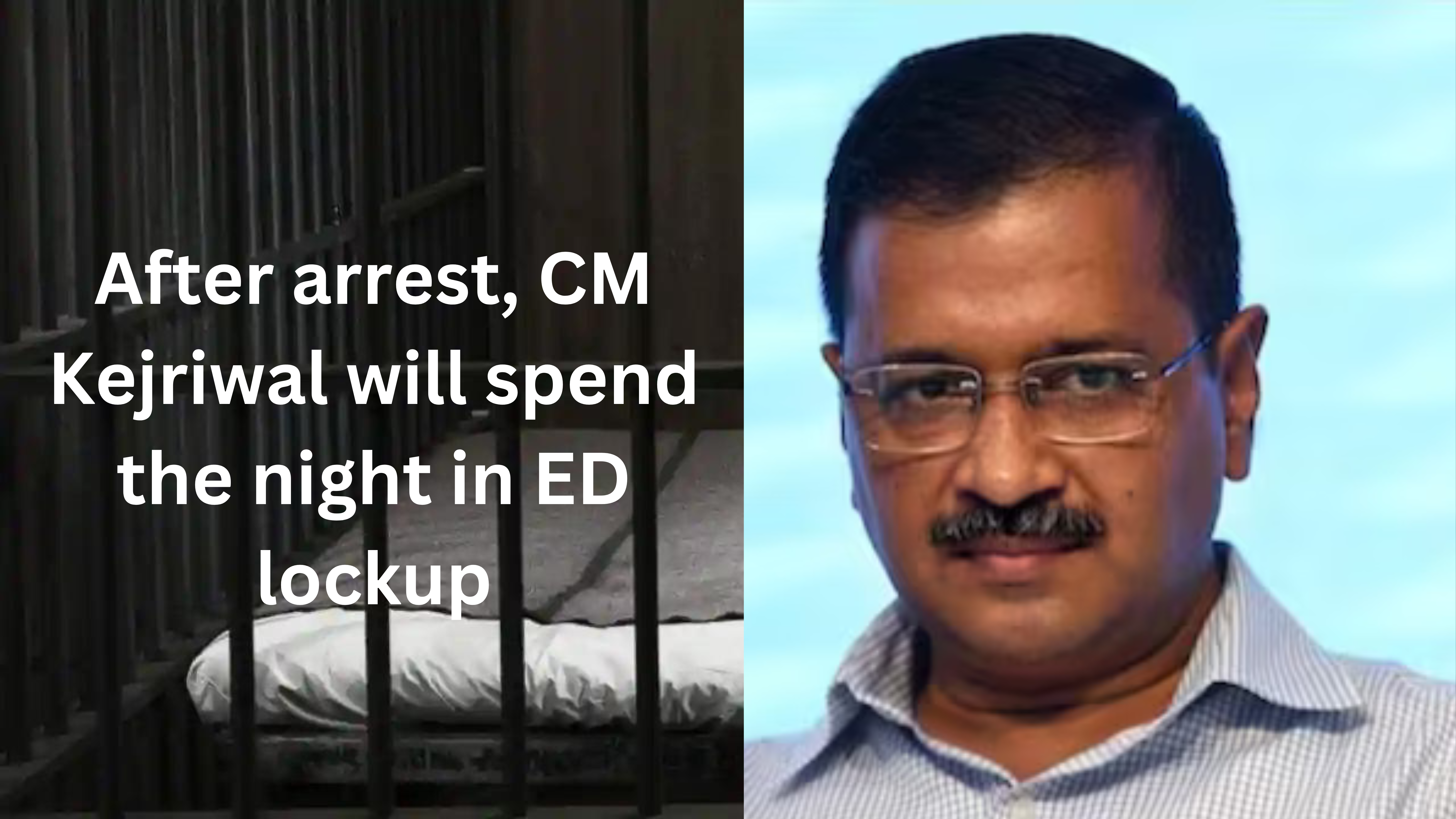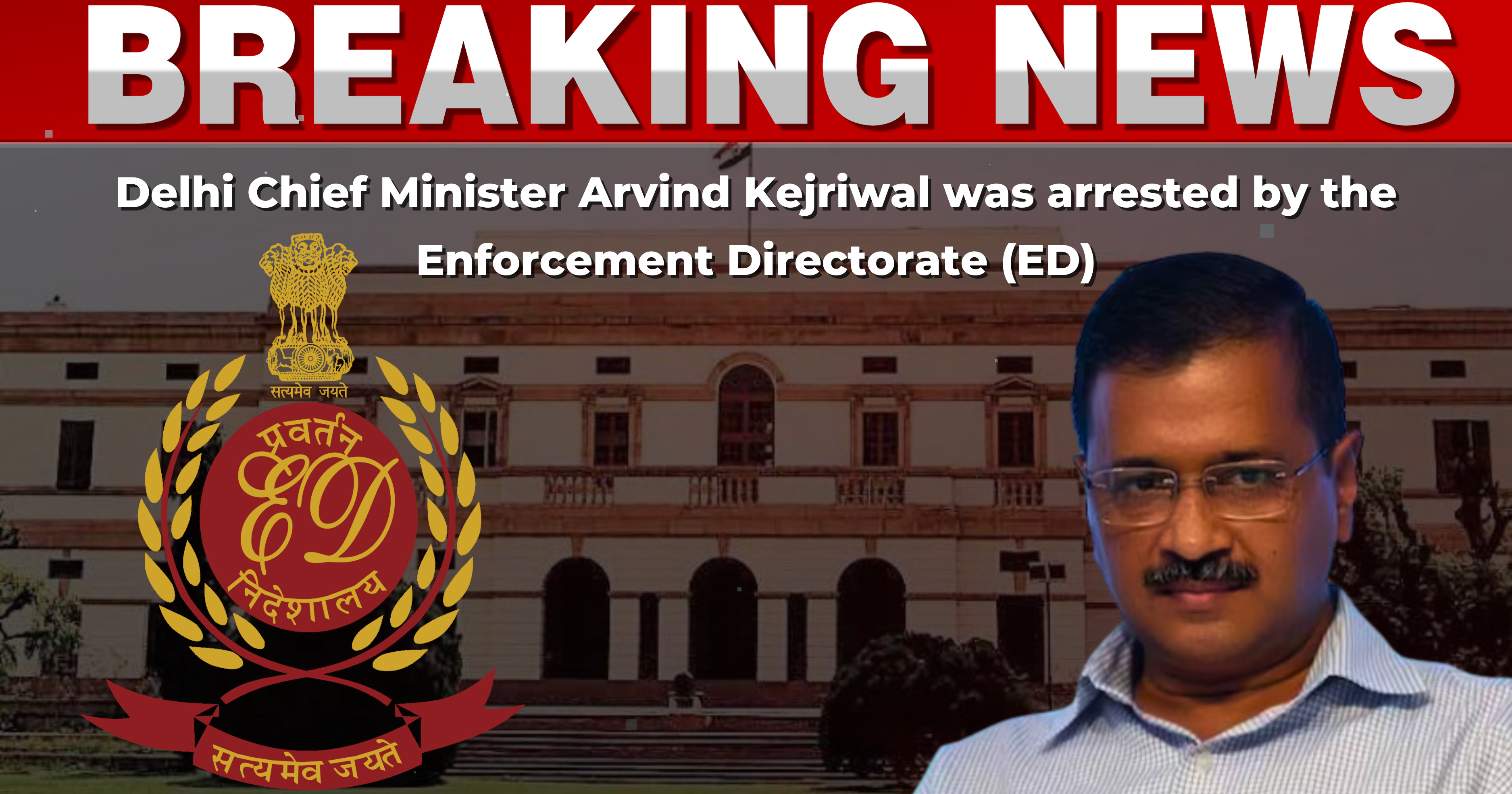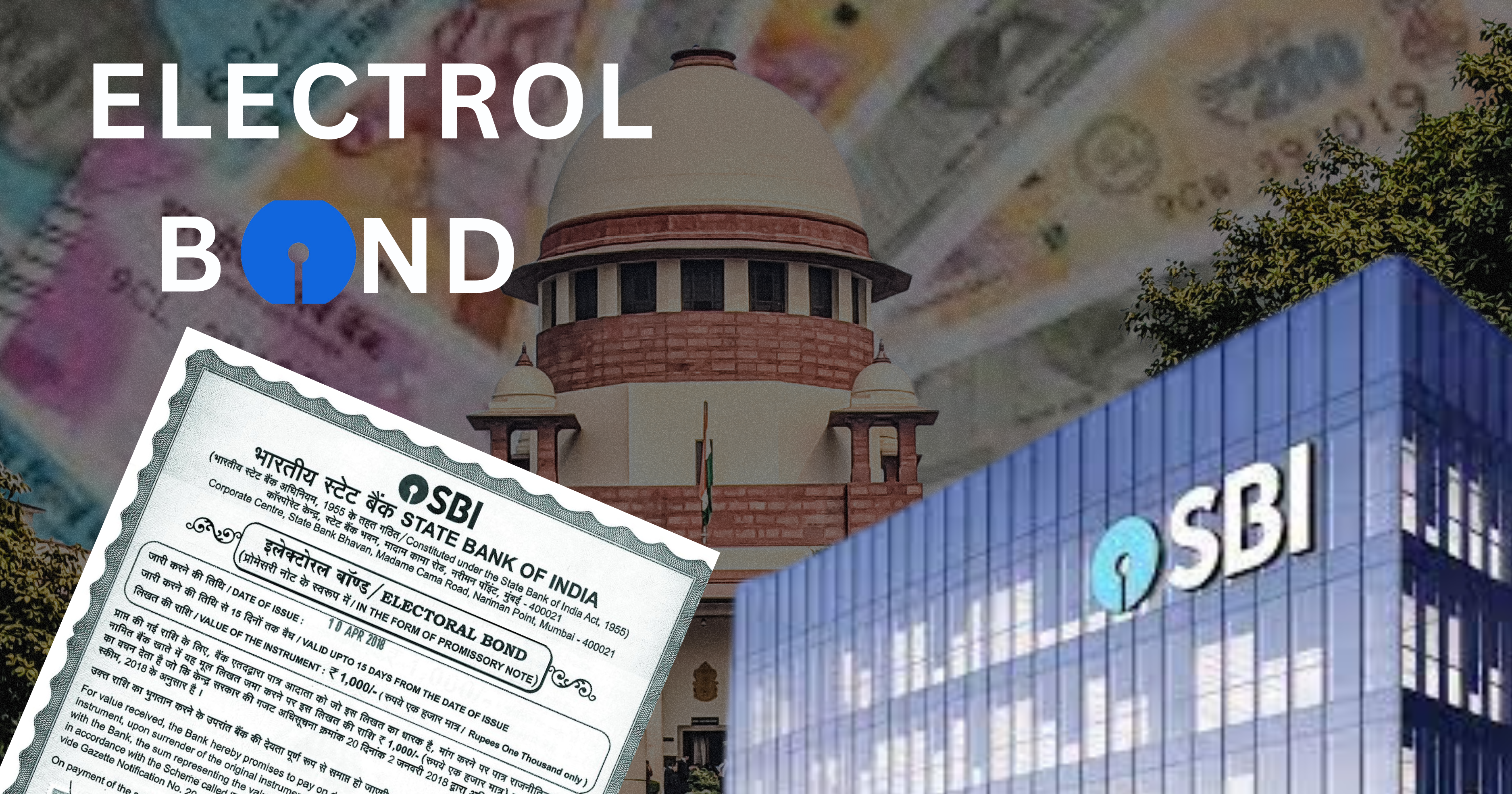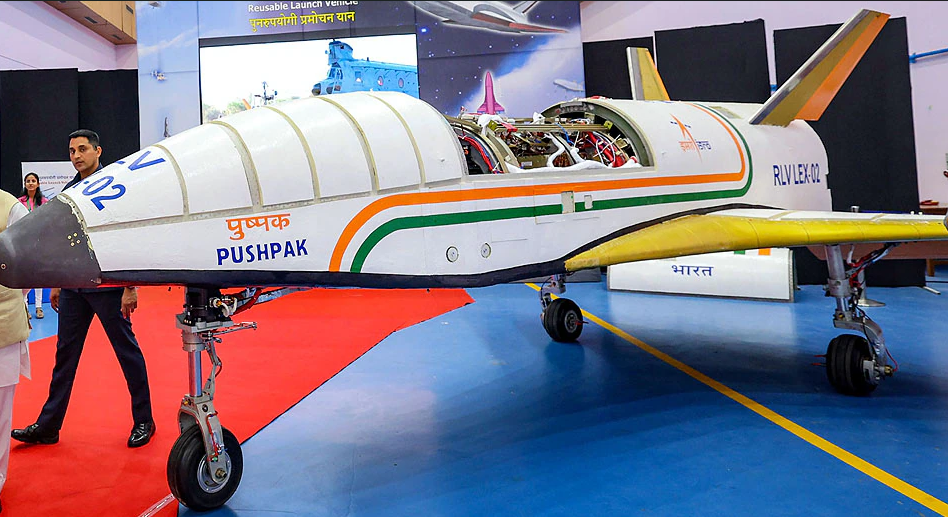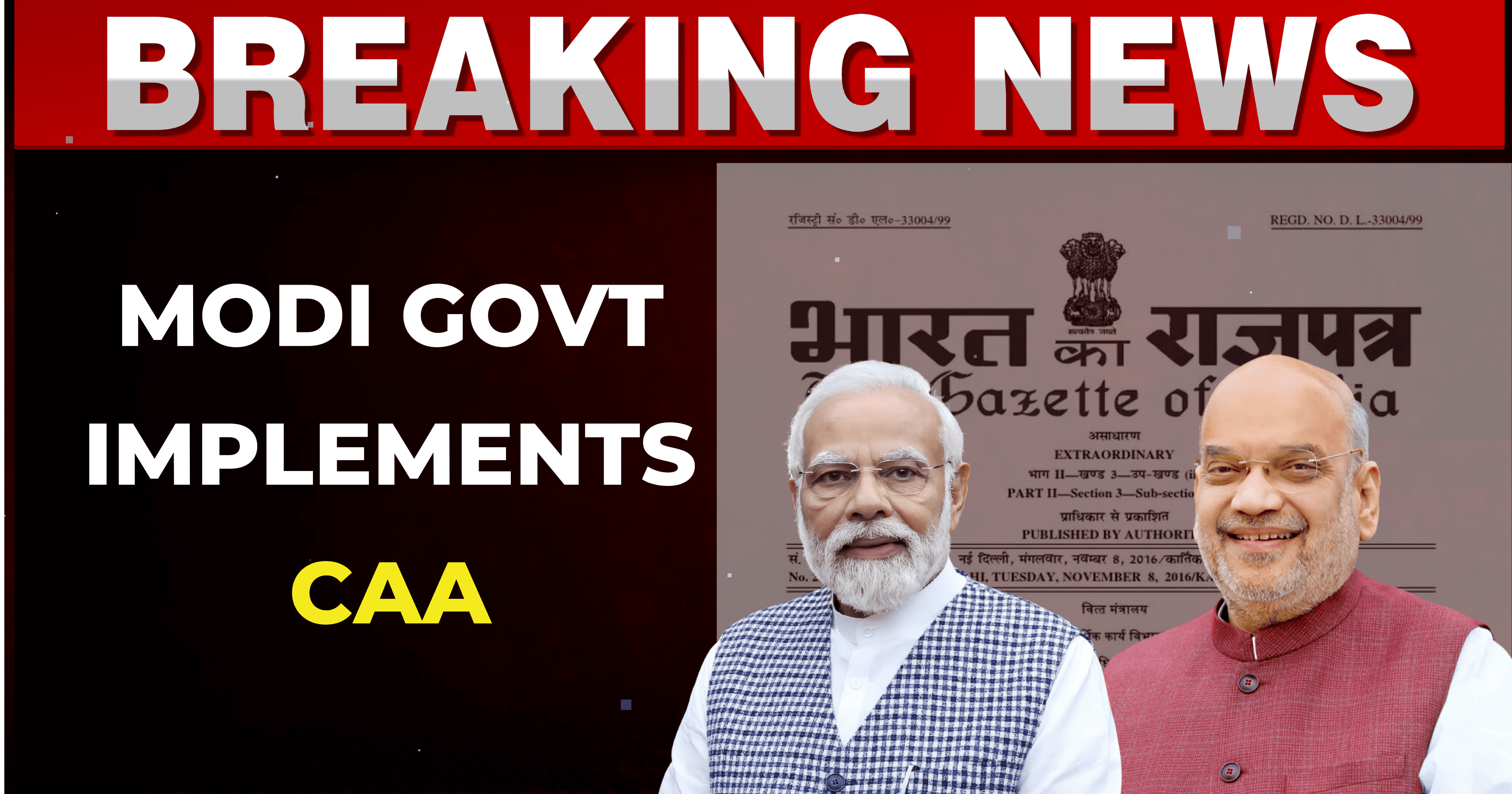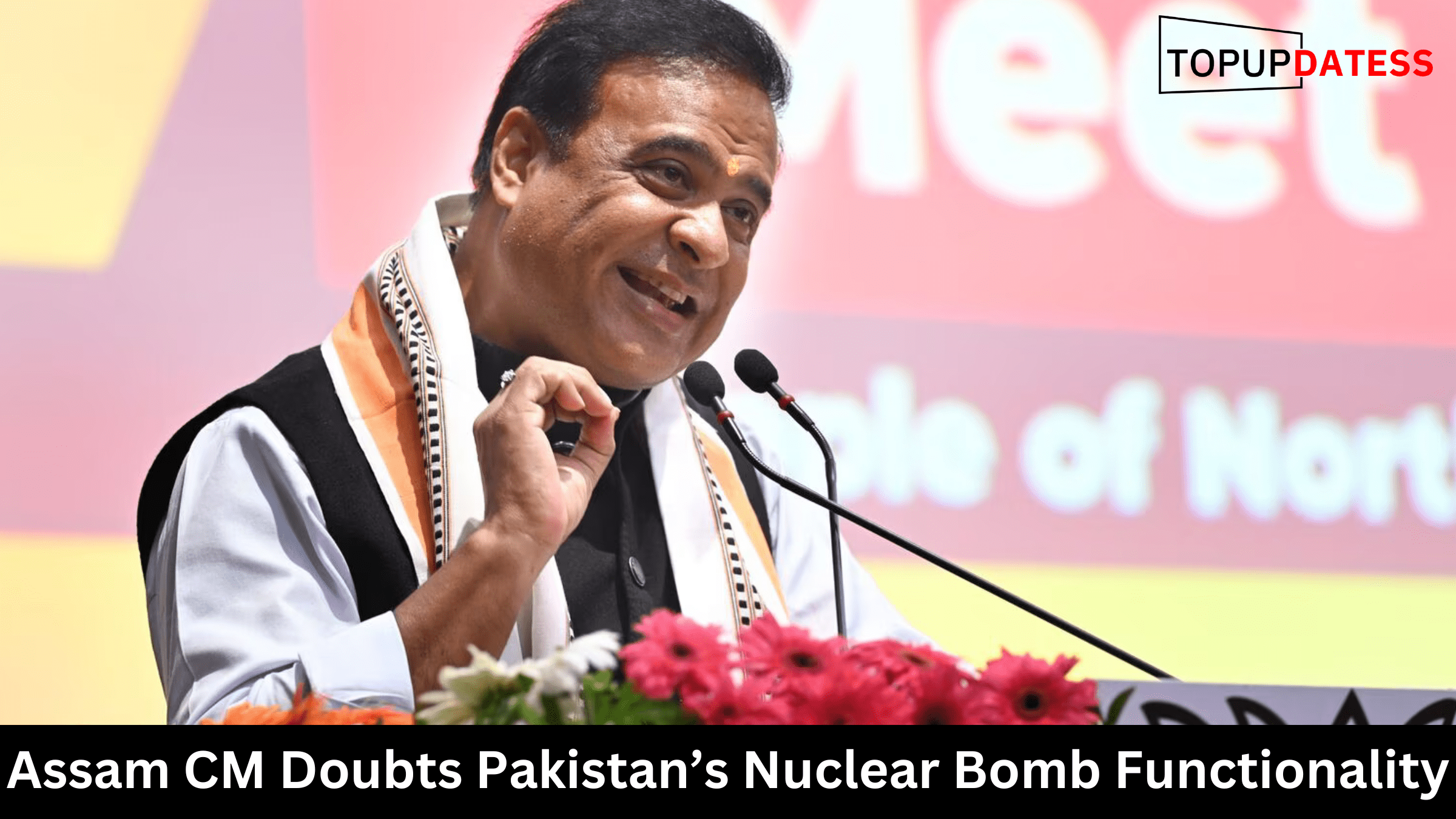
In a recent development, Assam Chief Minister Himanta Biswa Sarma has expressed skepticism about Pakistan’s atomic arsenal. His remarks come in response to Congress leader Mani Shankar Aiyar’s statement regarding Pakistan’s possession of nuclear weapons.
Context and Controversy.
Mani Shankar Aiyar’s assertion that Pakistan possesses an atom bomb sparked a heated debate. However, CM Sarma has raised pertinent questions about the practicality and maintenance of such weaponry. His doubts center around Pakistan’s economic challenges, suggesting that a country struggling to afford basic necessities like food grains may face difficulties in maintaining a sophisticated nuclear arsenal.
Economic Constraints and Nuclear Capability
CM Sarma’s skepticism highlights the delicate balance between military might and economic stability. While Pakistan has indeed conducted nuclear tests in the past, the ongoing economic hardships faced by its citizens raise valid concerns. The cost of maintaining and securing nuclear weapons is substantial, involving intricate technical expertise, infrastructure, and financial resources.
The Paradox of Nuclear Deterrence
Nuclear deterrence theory posits that possessing nuclear weapons prevents adversaries from launching an attack due to the fear of retaliation. However, this theory assumes stable governance, robust institutions, and financial stability. In Pakistan’s case, economic instability could potentially compromise the effectiveness of its nuclear deterrent.
Challenges in Nuclear Maintenance
Maintaining a nuclear arsenal involves several critical aspects:
- Security: Safeguarding nuclear weapons against theft, sabotage, or unauthorized use requires significant investment in security infrastructure.
- Technical Expertise: Nuclear weapons demand specialized knowledge for maintenance, testing, and ensuring their operational readiness.
- Financial Burden: Developing, maintaining, and upgrading nuclear capabilities strain a nation’s finances. Pakistan’s economic challenges may impact its ability to allocate resources effectively.
Global Concerns
CM Sarma’s remarks resonate globally. The international community closely monitors nuclear-armed states, especially those facing economic turmoil. Ensuring responsible nuclear behavior involves transparency, adherence to non-proliferation agreements, and robust safety protocols.
How do other countries view Pakistan’s nuclear capabilities?
Pakistan’s Nuclear Arsenal: A Global Perspective
Pakistan’s nuclear capabilities have drawn significant attention from other countries, particularly the United States. Let’s explore how different nations perceive Pakistan’s nuclear program:
United States Concerns:
The US closely monitors Pakistan’s nuclear developments. They worry that Pakistan’s pursuit of tactical nuclear weapons increases the risk of escalation and lowers the threshold for nuclear use in a potential conflict with India1.
The delicate balance between deterrence and stability remains a focal point in US-Pakistan relations.
Global Watchfulness:
Other countries also keep a watchful eye on Pakistan’s nuclear posture. The combination of newer delivery systems, plutonium production reactors, and uranium enrichment infrastructure raises concerns.
The international community emphasizes transparency, adherence to non-proliferation agreements, and safety protocols.
Please Read this: Former Bihar Deputy CM Sushil Kumar Modi Dies After Battle with Cancer





